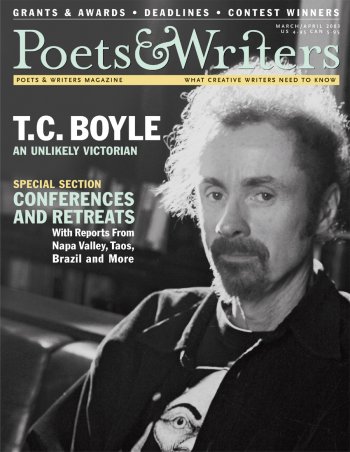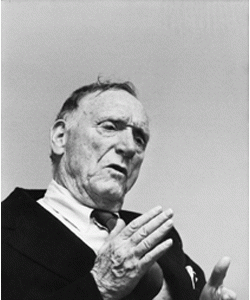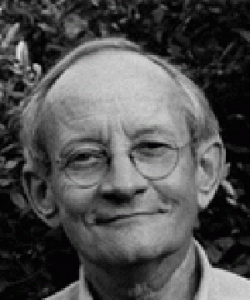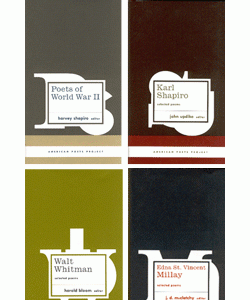
Novelist T.C. Boyle has been called a lot of names: master satirist, spellbinding storyteller, ageless rock and roller. But the moniker he really covets is something a little more…Victorian.
Jump to navigation Skip to content

Novelist T.C. Boyle has been called a lot of names: master satirist, spellbinding storyteller, ageless rock and roller. But the moniker he really covets is something a little more…Victorian.
The author discusses his new book, Drop City.
A retreat nestled below the mountains in Taos, New Mexico.
A retreat on the island of Itaparica.
Tips on taking a writing retreat in Europe, including a directory of resources for finding a workshop or residency abroad.
A spoken word group for women in D.C.
Anam Cara provides a sanctuary for writers and artists in southwest Cork.
Poetry and fiction writers come together for a week of workshops, readings, and writing in California's wine country.
The writers' conference in Washington's Fort Worden State Park draws nearly 150 writers each year.

During the past year, poets laureate have been the unlikely recipients of national media attention. New Jersey's Amiri Baraka was excoriated for reading a poem that some labeled anti-Semitic, and California's Quincy Troupe resigned after inaccuracies were discovered on his resumé. With their public profiles growing, the role of poets laureate is being called into question. In April the nation's first conference for state poets laureate will convene in Manchester, New Hampshire, where they will discuss poetry and their responsibilities as public representatives of their art.
Literary MagNet chronicles the start-ups and closures, successes and failures, anniversaries and accolades, changes of editorship and special issues—in short, the news and trends—of literary magazines in America. This issue's MagNet features Rosebud, Pleiades, Fizgig, American Letters & Commentary, Shiny, Brevity, and Canary River Review.

Careful storytelling, along with careful marketing, has helped American Lives—the memoir series at the University of Nebraska Press—attract the attention of talented authors, national reviewers, and bookstore sales reps.
Anthologies compiled annually by editors who scan diverse sources and publish the poems they deem “the best,” are quickly gaining popularity worldwide. The latest of these is an online publication called Best New Zealand Poems.

To coincide with National Poetry Month, the Library of America, a nonprofit publisher of American classics, will launch the American Poets Project, a new series of books devoted to individual poets and anthologies exploring particular themes, genres, and eras.
A statistical look at recent literary award winners, broken down by gender, genre, and region.
The "definitive" portrait of Austen was unveiled at the Jane Austen Centre in Bath, England.
A profile of novelist Sasha Troyan, daughter of South African writer Sheila Kohler.
Tips to help authors navigate contracts, questionnaires, and the book design process, and on how to best promote a new book.
A look at the history and impact of poetry writing becoming a profession.
Studying under Harry Crews at the University of Florida.
When James Merrill died in 1994, he willed his large, turn-of-the-century house on Water Street to the Borough of Stonington, Connecticut. The village improvement committee was free to use the building any way it desired; Merrill made no stipulation in his will. But the National Book Award–winning poet had been an important figure in the village's ongoing literary tradition. The committee decided to keep Merrill's legacy alive by creating a writer-in-residence program. Since 1996, a lucky poet or scholar has lived, for either six months or a full year, in Merrill's curious home across from the harbor. Writers chosen for residency are notified more than a year in advance. Several Merrill House residents have reported "the happiest period of my life," surrounded by Merrill's books and knickknacks, far removed from the snarl of city life—Boston, New York, or Louisville, in our case.